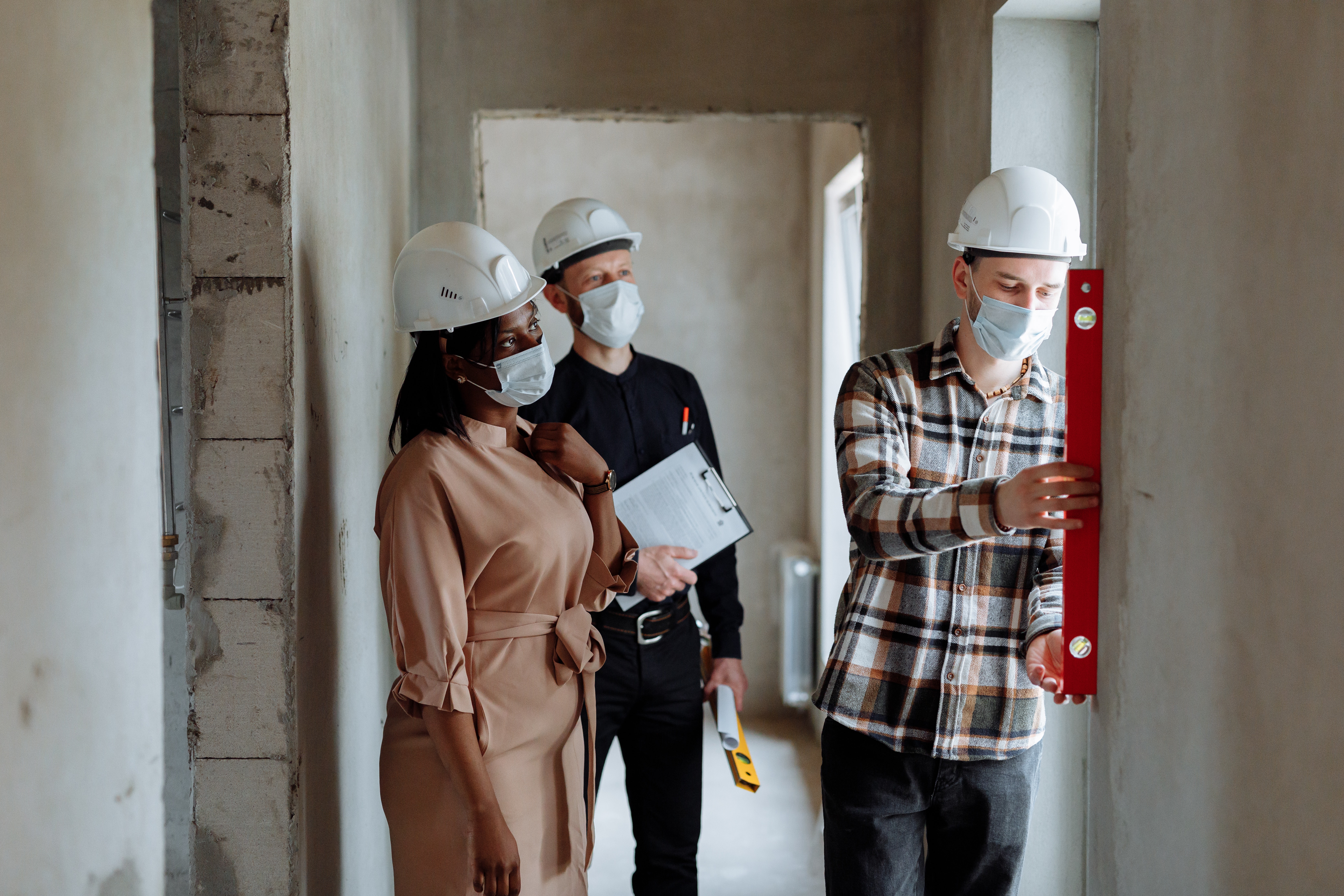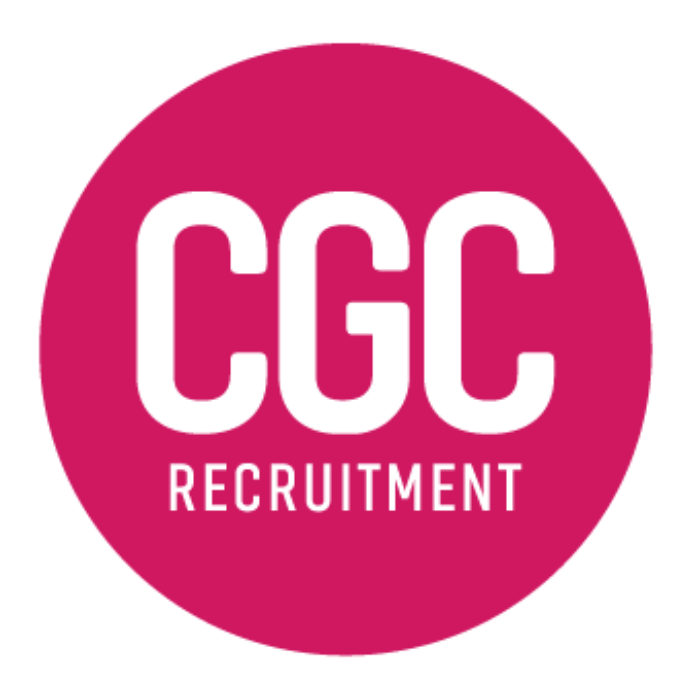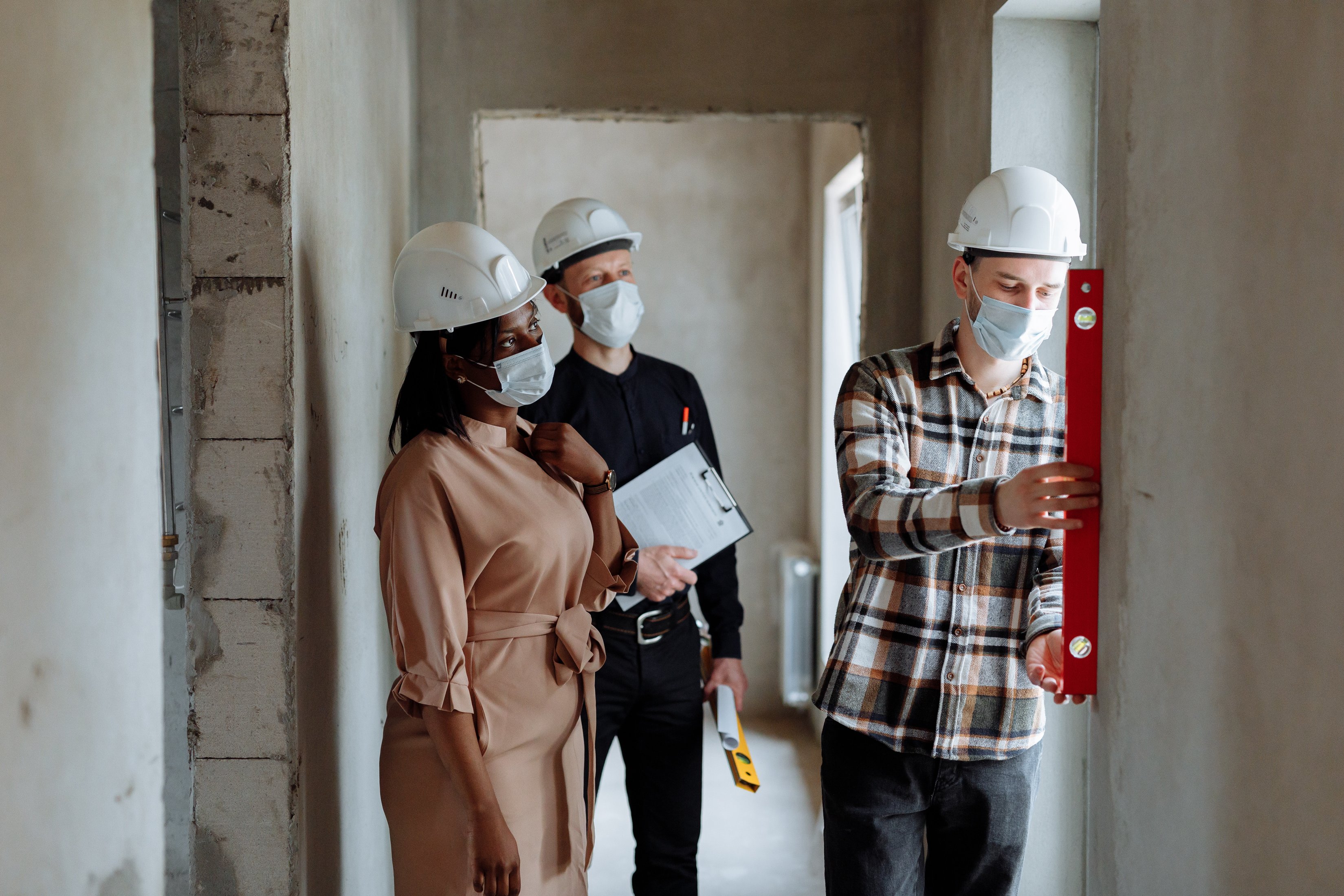Connecting...
The COVID pandemic marks the line in the sand that changed everything in terms of people’s workplace expectations. And the shift seems to be permanent.
This means that in a post-COVID world, workplaces are under increasing pressure to offer flexibility, greater opportunities, higher pay, and increased support for mental health. And it goes without saying that some sectors are better positioned to provide this than others.
What does that mean for the future of construction? Both for existing workers and young people entering the workforce? It means a challenge, but not an impossibility. What’s becoming apparent is that the industry will have to shift in line with the expectations of Gen Z - well before they fill the leadership positions.

Gen Z have different priorities - and different opportunities
By 2025, Gen Z (those born from the late 90s to early 2010s) will make up 27% of the workforce in OECD countries.
Studies are showing that this generation is more diverse, value remote work as a top priority, would prefer to work for themselves, prioritise work-life balance over salary, and are more values-driven than Millenials and Gen Xers.
So how can the construction industry recruit and engage this generation of workers?
Implementing an empathetic leadership environment in labour markets
A report by TheWorld Economic Forumsuggests business leaders should, in the interest of retaining current workers and encouraging new recruits, look at implementing an ‘empathetic leadership environment’ incorporating five key elements;
Intra-preneurism
Flexibility
Diversity
Globally-guided values
Training in future skills
The challenge for construction is finding a model that can do this while still keeping workers face-to-face on site.
Although at first glance, this seems like an unreachable target. There are many ways construction and engineering companies can draw inspiration from an empathetic leadership model.
Intra-preneurism
This is the practice of encouraging entrepreneurial-like behaviour within large organisations. It encourages risk-taking and innovative approaches and rewards with motivating techniques. There are some aspects of this model that can be used by the construction industry - such as focusing on smaller teams and encouraging innovation.
Flexibility
Flexibility doesn’t only look like work-from-home set-ups. There are many ways construction workplaces can offer these types of perks (now expectations) to labour workers. Some of these structures are already in place, such as rostered days off (RDO) allowances, and online inductions and training. A cultural shift is really what’s needed though. Making sure there is enough flexibility in deadlines and teams so workers feel supported to take RDOs and make use of online training is the key here.
Diversity
As an industry, construction and engineering has been implementing programs to increase diversity for decades - with mixed outcomes. Now it’s time to turn the focus from simply gender diversity, to a culture of inclusion that looks at wider diversity goals. This representation also needs to exist at all levels of organisations - especially the higher ones.
Globally-guided values
Looking at environmental, human rights and other critical international issues is key for the sector.A recent surveyfound that two-thirds of Gen Zs are ‘anxious about environmental issues’ and 64% say it’s important to them that their employers act on environmental issues. What’s more interesting is that 31% say they’ll turn down roles with companies that have poor ESG credentials.
Shockingly, over half will take a pay cut to work for a business that reflects their ethics. So with pressure from government, consumers, and workers, moving the built environment industries in that direction is critical to its future.
Training in future skills
The great resignation has cost the industry millions - and the answer to successfully retaining employees may lay in implementing training and reskilling programs, and making them accessible on all levels. For existing construction workers, this may look like programs to help them ‘transition ‘off the tools’. And for new recruits, this may look like a more flexible approach to degree or trade certificate requirements.
In Summary
The future of work is here - and although there’s a lot of competition in terms of recruitment and employee retention - construction need not fall behind.
About CGC Recruitment
CGC Recruitment is a specialist construction, infrastructure, engineering, and architecture recruitment consultancy. We view our clients as our partners and work closely with them to meet their business needs. We work with some of Australia’s largest construction brands through to specialist SMEs and boutique consultants. We have proven experience delivering permanent, contract and retained recruitment solutions, consistently providing the right candidates for the right roles at the right time.
If you have an active role you’d like to discuss or just want to talk to a specialist consultant, pleasecontact us. Alternatively, you can complete ouronline client formand a member of our team will contact you










